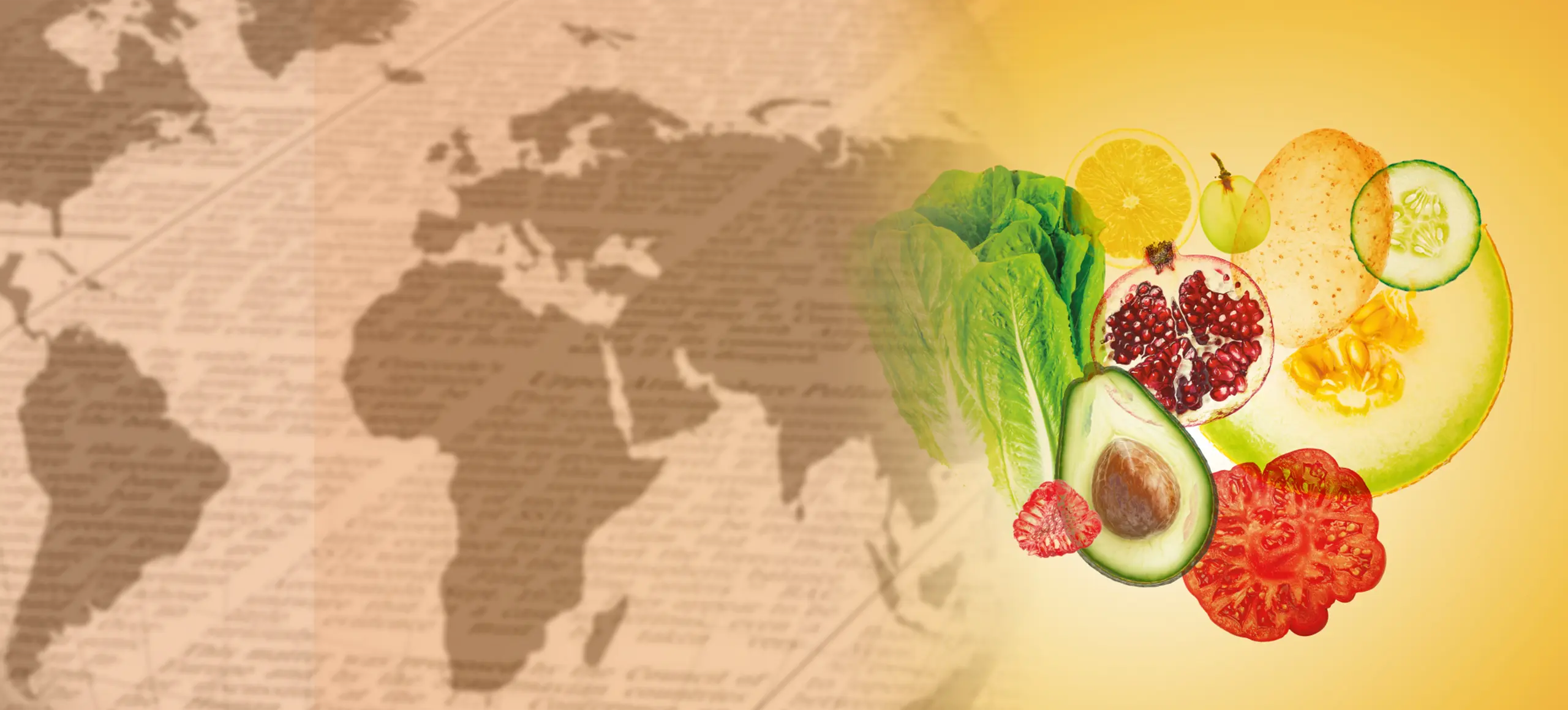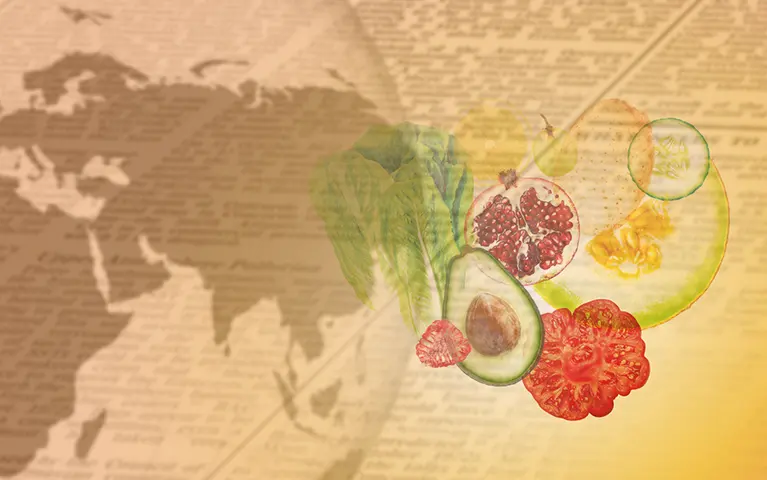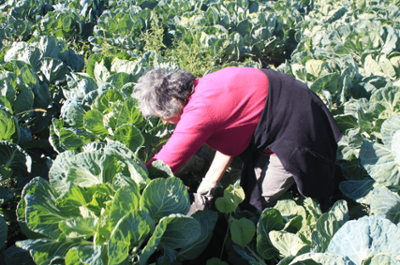

What are organic products and how do they end up in the Spanish shopping basket?
Concern for the environment and health has transformed consumer habits in Spain, where organic products, especially fruit and vegetables, are gaining prominence in the shopping basket. This article explores what these products are, how they are regulated, the requirements they must meet, the necessary certifications, consumption trends and their impact on reducing food waste, in line with the new Food Waste and Loss Prevention Act 2025.
What are organic fruit and vegetables?
Organic fruit and vegetables are foods grown through organic farming, a system that prioritises natural processes to obtain fresh, tasty and high quality products. This method respects natural cycles, promotes biodiversity and minimises environmental impact. Unlike conventional agriculture, which uses synthetic fertilisers and pesticides, organic farming employs practices such as crop rotation, natural compost and pest-resistant varieties.
These products are free of pesticide residues and synthetic additives, making them healthier and less harmful to the environment. They also conserve soil, reduce water pollution and protect local wildlife such as beneficial insects. In Spain, more than 25% of seasonal fruit and vegetables from some local retailers are organic, reflecting a commitment to sustainability.
How organic farming is regulated in Europe
In Europe, organic farming is regulated by Regulation (EU) 2018/848, in force since January 2022, which sets strict standards to ensure sustainability and quality. This framework promotes environmental protection, biodiversity and consumer confidence. In Spain, the Autonomous Communities supervise organic production, while the Ministry of Agriculture, Fisheries and Food coordinates national policies. Certification bodies, regulated by the National Certification Body (ENAC), inspect the entire production chain, from seeds to distribution.
What requirements must be met
To be considered organic, a product must meet specific requirements:
At least 95% of the ingredients must be of natural origin, with 50% from plant sources and 5% from certified organic farming.
The use of genetically modified organisms (GMOs), synthetic fertilisers and pesticides is prohibited.
Mineral and vegetable preparations are used to enrich the soil and natural pest control is encouraged.
Cleaning processes may only use products approved as environmentally friendly.
Certificates to be developed
To bear the organic label, products must be certified by authorised bodies. In the European Union, the official label is the ‘Euroleaf’, which guarantees rigorous controls and must be accompanied by the code of the certifying body and the origin of the raw materials (e.g. ‘Agricultura de España’). In Spain, bodies such as the Organic Agriculture Committee of the Community of Madrid (CAEM) issue certifications with their own logos (such as ES-ECO-023-MA). These certifications reinforce consumer confidence and ensure compliance with regulations.
Data on the evolution of the consumption of organic products in the shopping basket
The consumption of organic products in Spain has grown significantly. According to the Ministry of Agriculture, in 2020 spending per person on these products reached 53.41 euros, 6.1% more than the previous year, and in 2022 it reached 60 euros per household. More than 55% of Spaniards consumed some organic product in 2022, according to BBVA. Fresh fruit and vegetables lead the way, accounting for 15.5% and 13.9% of all organic products consumed, followed by bread, oil and wine.
Spain is the European leader in organic production, with 2.67 million hectares dedicated in 2022 (11% of agricultural land), especially in Andalusia, Castilla-La Mancha and Catalonia. The 2020 pandemic drove a 35% increase in organic food consumption in the first quarter, according to Ecovalia, and increased availability in supermarkets and local markets has facilitated this boom.
Its impact on reducing food waste
Organic farming contributes to reducing food waste by optimising resources and avoiding strict aesthetic standards, which reduces discards due to appearance. Proximity farming, which is common in this sector, reduces transport and storage losses. In addition, consumers of organic products, who are more aware, plan their purchases better and make use of leftovers, supported by initiatives such as agro-ecological consumer groups.
The Food Waste and Loss Prevention Act (in force since April 2025) reinforces these efforts. It obliges producers, distributors and the catering industry to implement prevention plans, prioritising the donation of surplus and the sale of ‘ugly’ products. The law encourages seasonal and local consumption, in line with ecological principles. In 2023, Spain wasted 1,183 million kilos of food (25 kg per person), and this regulation seeks to reduce this figure through a circular economy that complements the sustainability of organic products.
Conclusion
Organic products are transforming the shopping basket in Spain, driven by environmental awareness and the desire for a healthy diet. European regulation ensures their quality, while their consumption reduces food waste, in line with the new 2025 law. By choosing organic fruit and vegetables, you are not only taking care of your health, but also contributing to a more sustainable food system. Are you encouraged to incorporate them into your diet?






